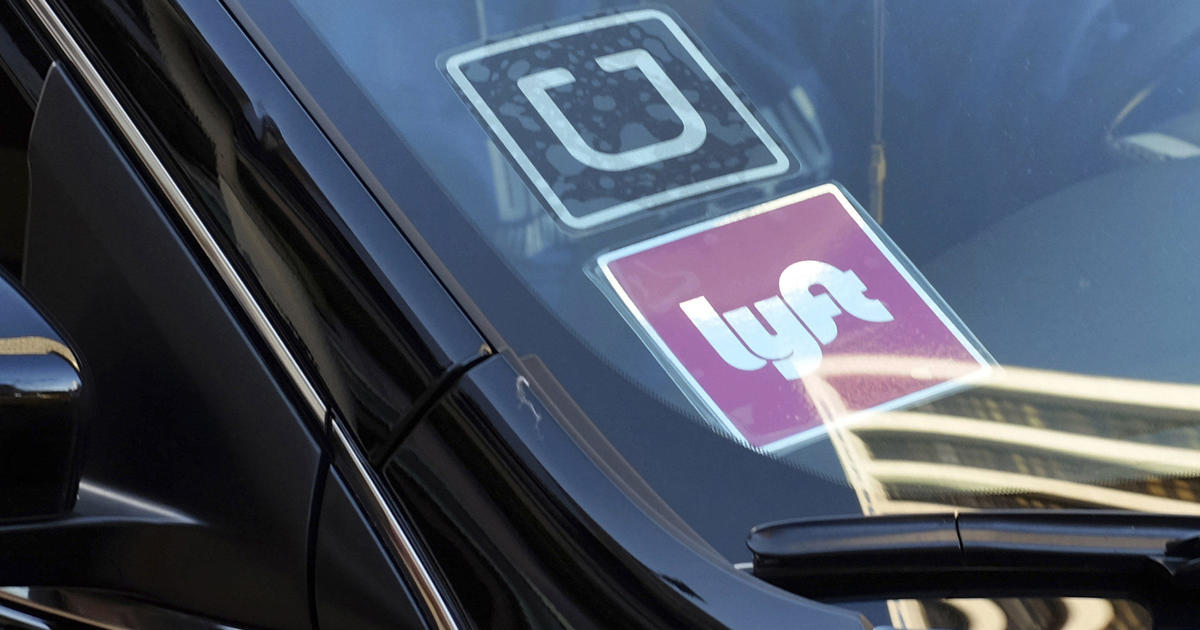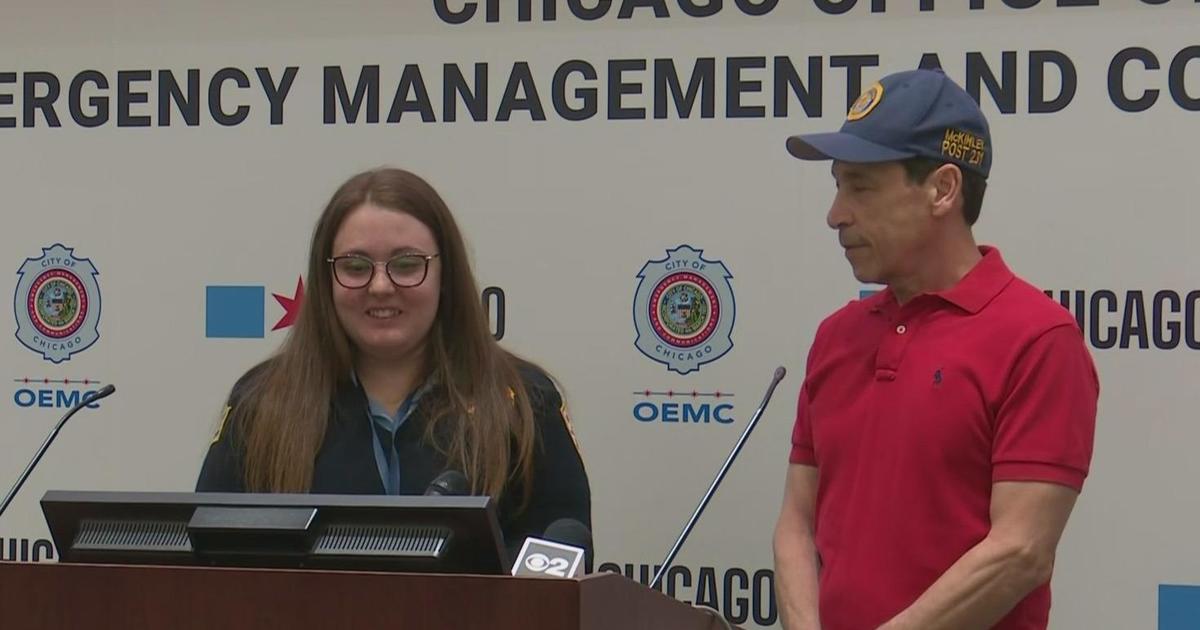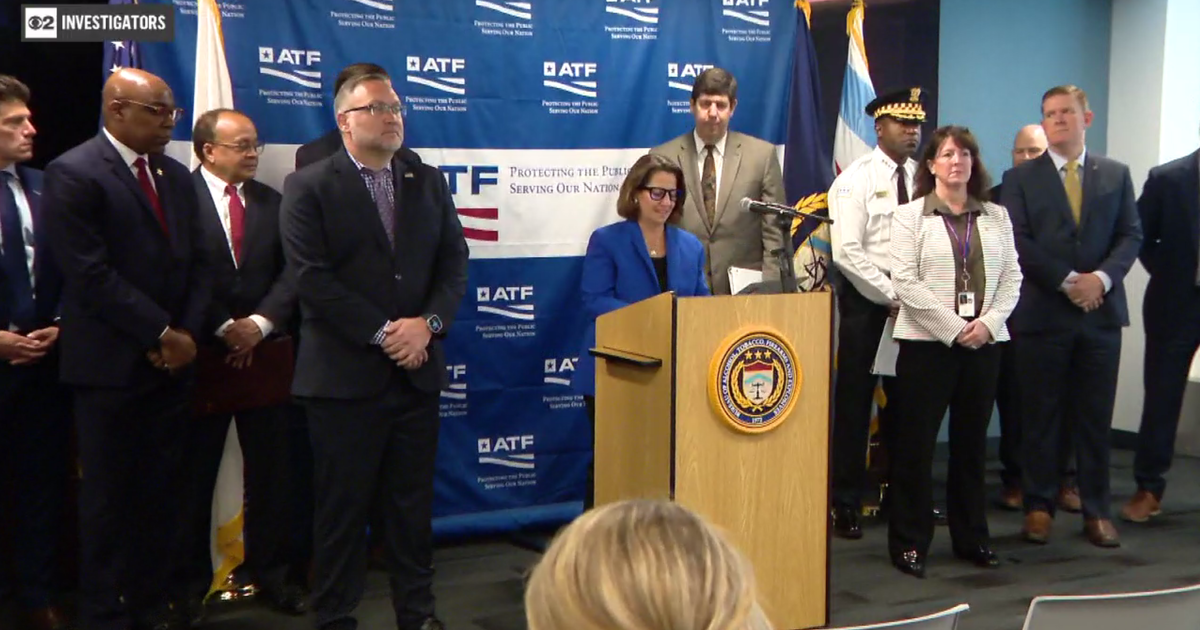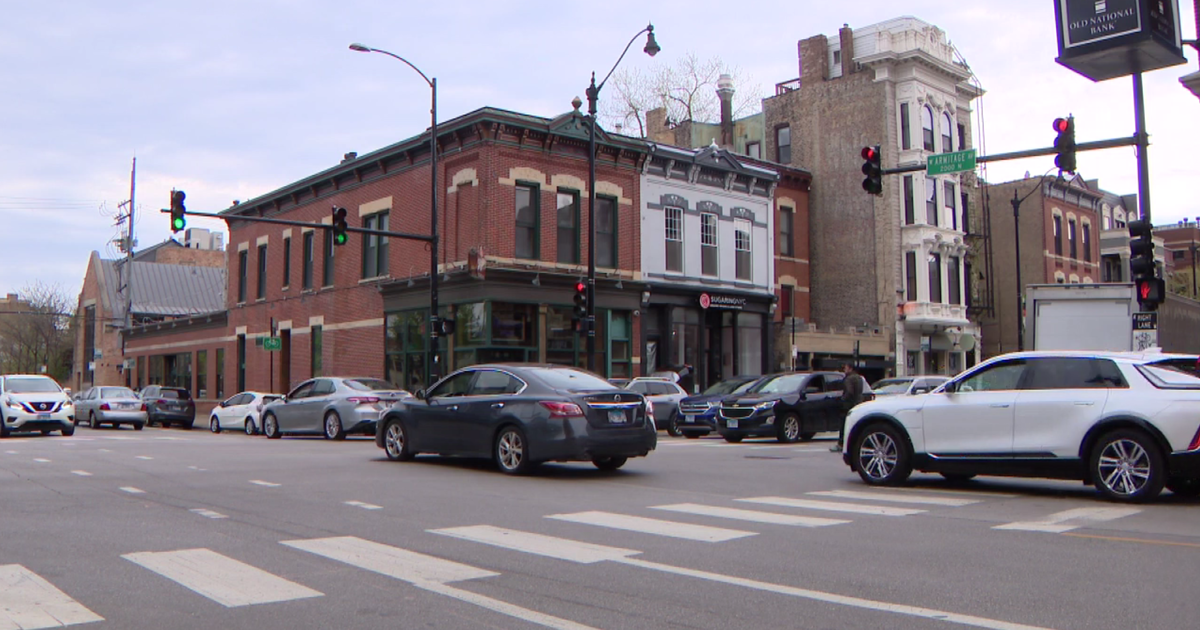COVID-19 In Chicago: Health Care Workers Brace For Thanksgiving Superspreader Event On Top Of Existing Surge
CHICAGO (CBS) -- CHICAGO (CBS) -- A superspreader event on top of a COVID-19 surge – that is what health care workers are preparing for around the country and right in Chicago.
As CBS 2's Jeremy Ross reported, a nurse at Stroger Hospital of Cook County said it is only a matter of time before the new surge hits. It will not mean turning away patients who get into car crashes or those who have heart troubles, but it may mean they wait longer for care – and that can mean life and death.
"I've had to take patients who are struggling to breathe - and I'm talking about people in their 30s - having to transfer them down to the ICU because we can no longer take care of them," said registered nurse Elizabeth Lalasz.
Lalasz is seeing some consequences from wearing her mask tightly all the time.
"Our masks - I wear an N95 for my entire 12-hour shift. I have permanent scars in my cheeks from wearing them for the last 10 months," she said. "There are indents in my skin. You push it down on your nose then you tie very tightly across your face so that it fits."
But Lalasz's battle scars while on the health care front lines are nothing compared to the viral assaults she has seen while treating COVID patients throughout the year. At the COVID unit at Stroger, she has seen the surge firsthand.
"What is worse is the numbers coming in," Lalasz said. "It is across all age groups."
Lalasz said hospital staffing levels around the area are on the brink of being overwhelmed, and family gatherings over Thanksgiving will likely be the superspreader that overloads the system.
"And we're bracing for another surge," she said.
While no one wants to paint a doomsday scenario, Lalasz agreed that she is preparing for the most difficult days of her professional career ahead.
"That's a fair statement - all of us are," she said.
Dr. Celine Gounder, a member of President-elect Joe Biden's COVID-19 advisory board, walked us through a potential spike timeline.
"We fully expect that a week or two after thanksgiving, we will see an increase in cases. Then about a week or two later, you'll start to see an increase in hospitalizations," she said. "And then a week or two after that you'll start to see deaths."
"It just means there's going to be enormous stress on the hospital system, and I don't know what it's going to mean for us when we treat COVID patients," Lalasz said. "Do we send them home? What do we do with people at that point?
What that all looks like on the calendar is a potential spike beginning as early as Dec. 3. Increased hospitalizations as early as Dec. 10, and a possible increase in fatalities by Dec. 17.
The potential uptick would go on well into Christmas and the New Year.
But Lalasz said health care workers have a better understanding of how to fight the virus than in the spring, and more tools and therapies to keep it under control.
But while a vaccine for most may be only months away, flu season is only beginning – and the cold of winter will force many inside. That, of course, is where the virus can spread.
"We know this is going to be bad, and I think it will become worse over the coming months until spring of next year," Lalasz said.
Lalasz added that Stroger will not turn away patients who get into car crashes or those who have heart troubles. But a surge may mean they wait longer for care.
And on top of all that, there are already concerns that Christmas and New Year's could be additional superspreader events too.
Also From CBS Chicago:



